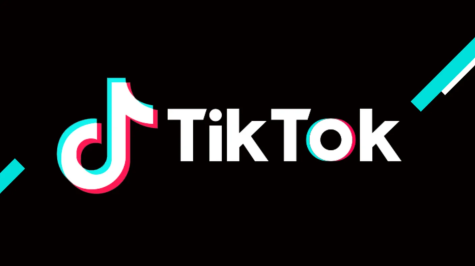The Future of TikTok is Unknown

The potential ban on TikTok has become a controversial topic among many. TikTok, an extremely popular social media platform, has faced mounting pressure to be banned in a number of countries, including the United States, in recent weeks.
The app, which allows users to create and share short-form videos, has come under fire due to privacy and national security concerns. This potential ban has sparked debate among TikTok users as well as industry experts.
One of the main issues with TikTok is its data privacy policies. Critics claim that the app collects far too much information about its users, such as location data, device information, and browsing history. As a result, users are concerned that the app could be used to spy on them or steal their personal information, which is why some countries, including India and Pakistan, have already prohibited the app’s use.
The issue of data privacy has also become a major concern in the United States. The Trump administration attempted to ban the app in 2020, citing national security concerns. While a
federal judge temporarily blocked the ban, the Biden administration has continued to express concerns about the app’s data collection practices.
Experts have spoken out on the potential ban, with views on both sides of the debate. Some argue that TikTok is a threat to national security, while others believe it is a valuable platform for creative expression and social interaction.
On the other hand, TikTok users and influencers have expressed their support for the app and its potential to create meaningful connections and opportunities. In an interview with a popular TikTok influencer, Jane Smith, she shared how the app positively impacts her life.
“TikTok has given me the ability to connect with people all over the world and share my passions with a diverse and engaged audience. Banning the app would be a major blow to the creative community and limit the opportunities available to young people,” she said.
This ban has caused many to go back and forth. Some think it’s unnecessary, like Smith believes, but others think it’s very beneficial because of the risk that the app is causing. For example, a senior at DVC, Isaac Treto, expressed his opinion on this situation.
“I can see both sides of the argument because most social media apps do spy on people as a source of revenue. Still, though, why stop there? Why not have all apps stop spying on people–not only TikTok–if they all invade privacy?”
This ban could be beneficial, but it’s also very hurtful because many individuals express their talents through the app. The matter is still somewhat of a matter of privacy protection. It is a big precedent to set for the future of social media privacy.